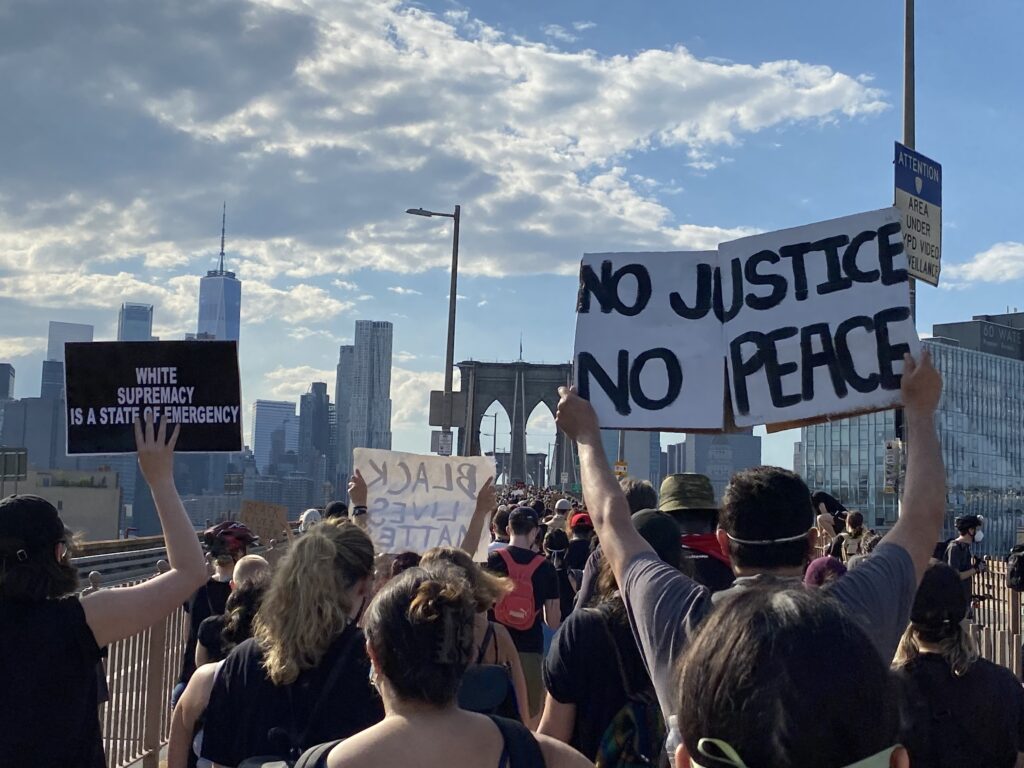The night river calms me with its slow dirty movements.
I walk home briskly, in a black baseball cap.
I work at the fringes of the day. I write poetry in bed
and criticism in the bath.
Among my friends here, I have a man
who calls me love names
in four languages. Once, in a moment, I thought I wanted to die
of his pleasure, but that was a wound
speaking. The history of this place
abounds with wounds.
Mobs of vandals have ransacked the villas.
A very rich man on his deathbed
from a corrupt family who loves the arts
was fed a medicine of powdered pearls.








